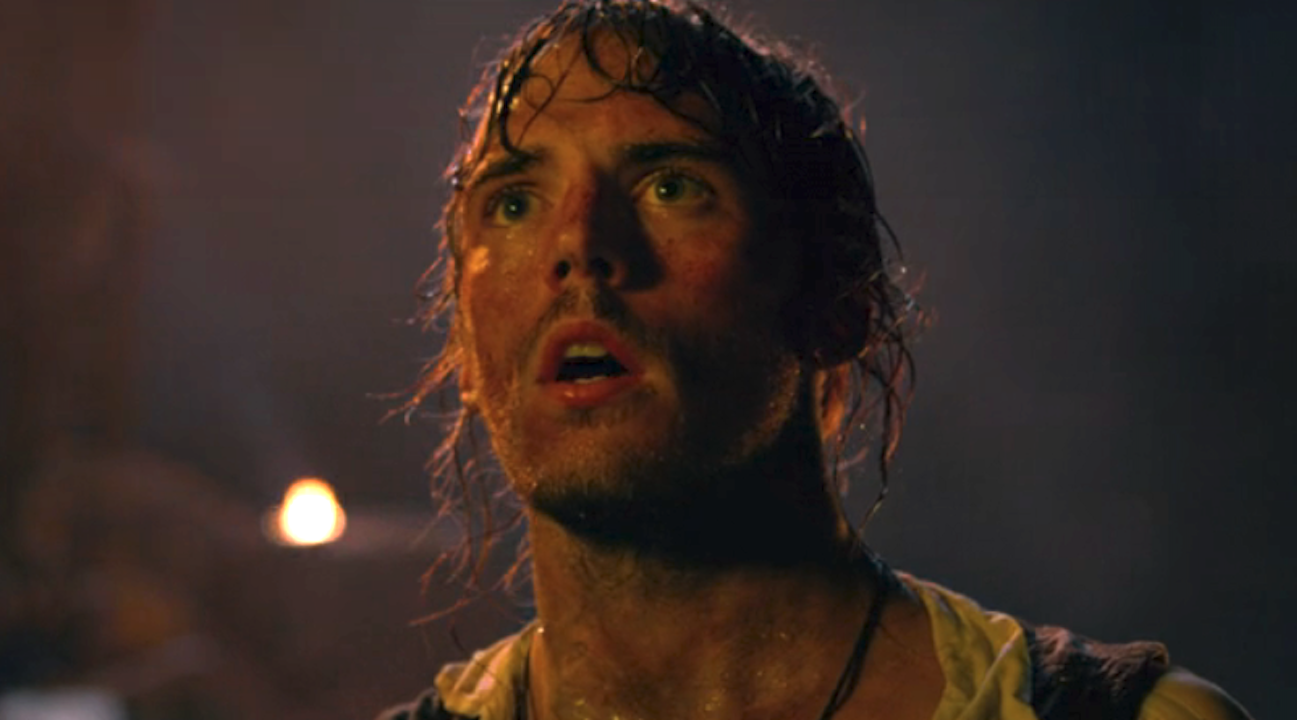6 Things Park Chan-wook's New Movie Decision To Leave Really Does Right
Add Decision to Leave to your must-see list. Thank us later.
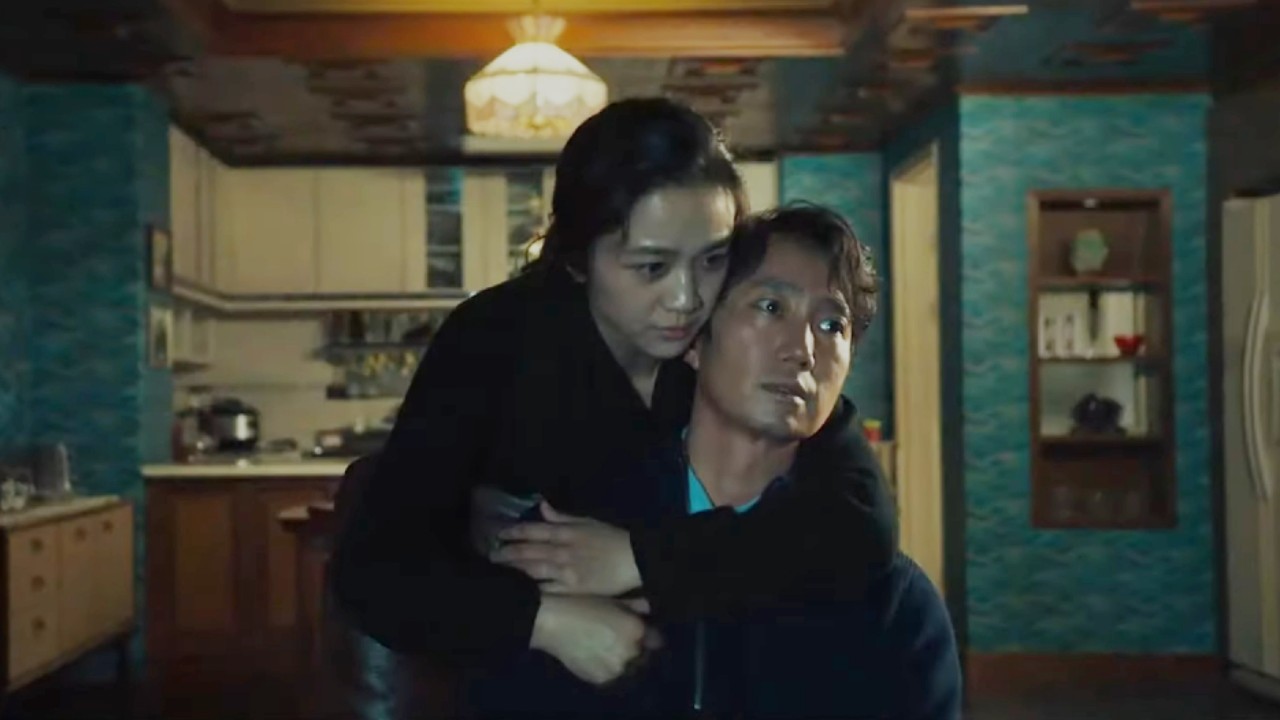
Detectives falling in love with people suspected of crimes isn’t a new concept. However, when done right, it can lead to an unforgettable love story -- just like some of the greatest romantic movies. Decision to Leave tells a haunting love story that adds a new chapter to star-crossed lovers' tales. It is one of Park Chan-wook’s most stripped-back and romantic films.
Decision to Leave made its US debut in September 2022, but, as of November 2022, it’s still only playing in limited cities and theaters. I was fortunate enough to get to see Decision to Leave at the Chicago International Film Festival. I have now seen it several more times and, in my opinion, it’s one of the best films of the year. We don’t know when Decision to Leave will join the list of 2022 movies streaming or expand its theatrical release.
However, if Park Chan-wook’s latest film is playing at a theater near you, go see it. It does a lot right to create an intricate story that’s beautifully and hauntingly told. Here’s what else it does right.
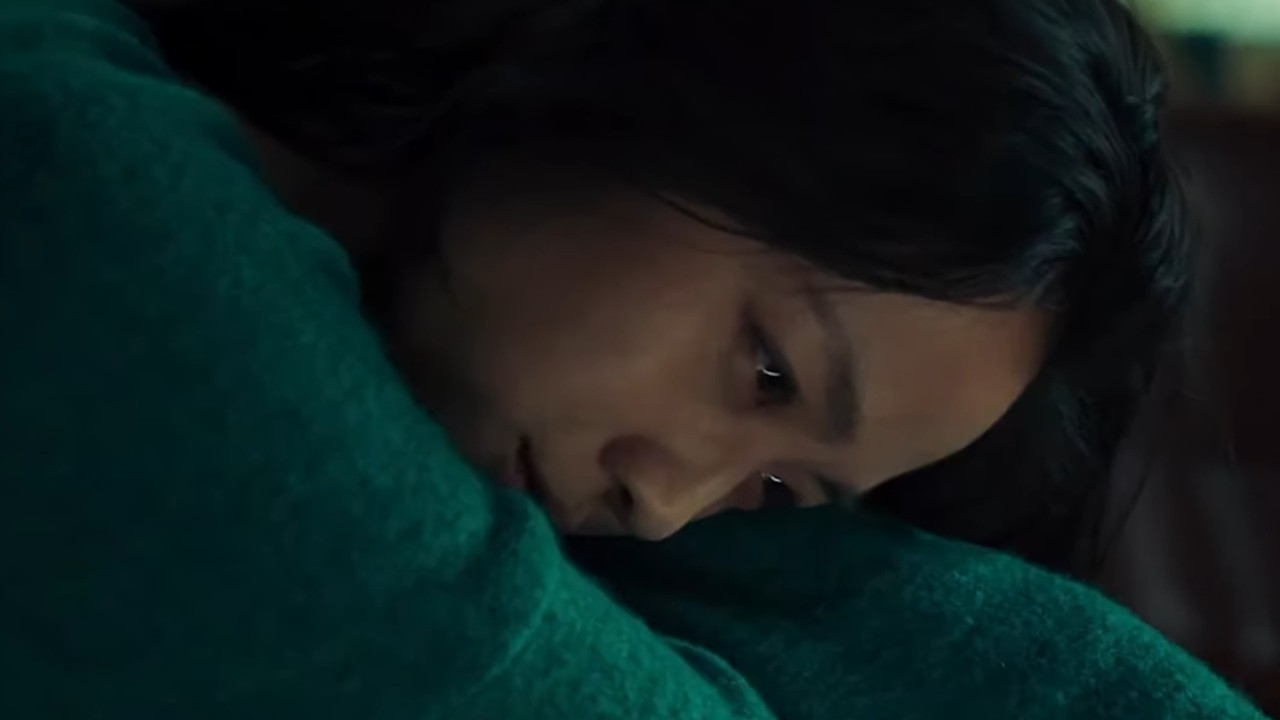
Decision to Leave Foreshadows Its Major Moments
Decision to Leave is a movie that requires multiple viewings to appreciate all the intricacies that go into it. You also notice how well the film foreshadows some of its major moments. I can’t say too much because it would spoil some of these moments, but I will say, it’s a film that tells you its plan quite often. It does this in a subtle manner.
A very observant audience member may be able to spot these moments, but most won’t notice them until the second, third, or even fourth viewing. The film also plays with foreshadowing by having certain stories mirror one another. There is a subplot in the film that basically parallels the main storyline. There are some moments where characters directly vocalize their thoughts and that’s a big hint of what is to come.
There are also some visual cues that help hint toward later scenes in Decision to Leave. If you want to see foreshadowing done well, watch Decision to Leave.
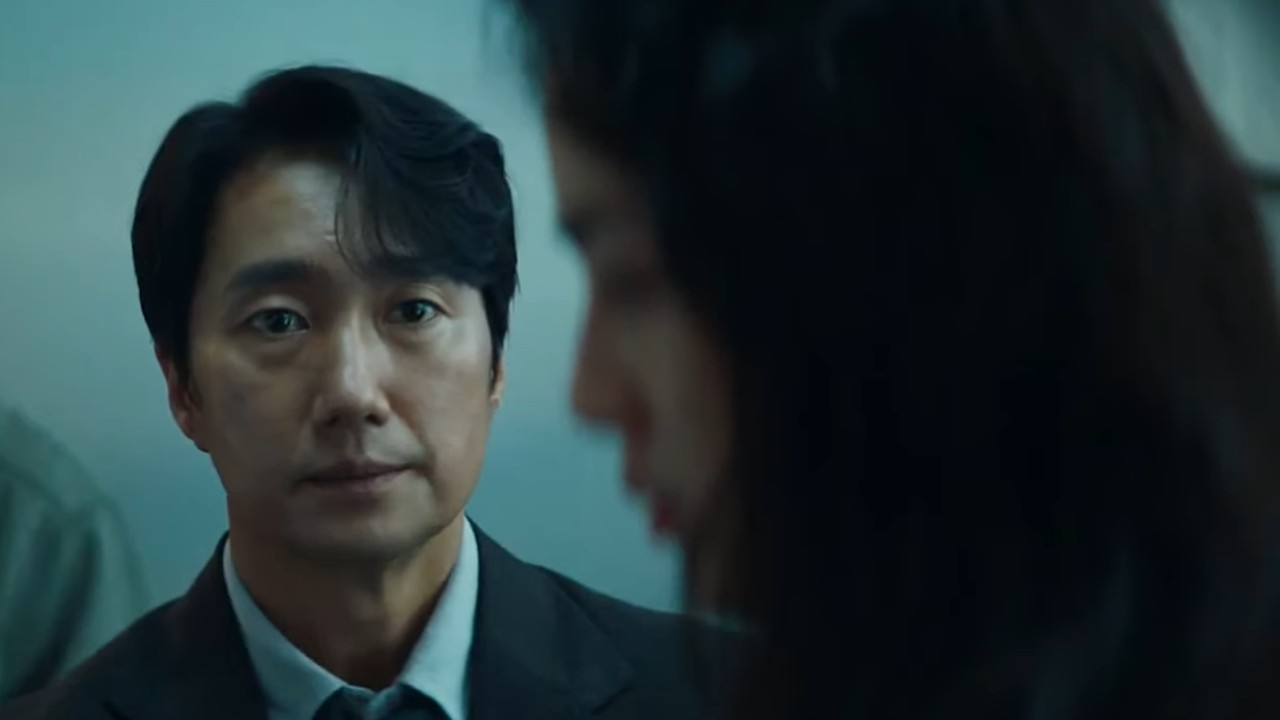
It Builds Suspense From Start To Finish
Decision to Leave crosses genres. Sometimes it’s a romantic movie, other times it falls in line with great suspense thrillers. It even at times takes notes from great mystery movies. It plays in the realm of multiple genres and does all of them well. However, I would argue that above all it’s a romantic drama but the suspense is a major part of this story.
Your Daily Blend of Entertainment News
It starts with a suicide and Detective Hae-jun (Park Hae-il) trying to figure out if it was really a murder. Most importantly, he’s trying to figure out if Seo-rae (Tang Wei) murdered her husband. Decision to Leave leaves you guessing until the end.
The suspense also builds around Seo-rae and Hae-jun’s relationship. We watch as they fall for each other, but you are left unsure if they’ll ever act on their feelings. The tension between them creates suspense because you’re also not sure if Seo-rae is innocent or guilty. This gives all her actions a sense of dubiousness. This element takes the film into the realm of film noir movies.
I think many people have different definitions of suspense. To some, suspense is knowing that Norman Bates is lurking around the corner, but Marion Crane has no idea. To others, suspense is merely building tension to the point where the audience and characters fear what could come next. The suspense simply could be whether their interaction ends in a kiss or an arrest.
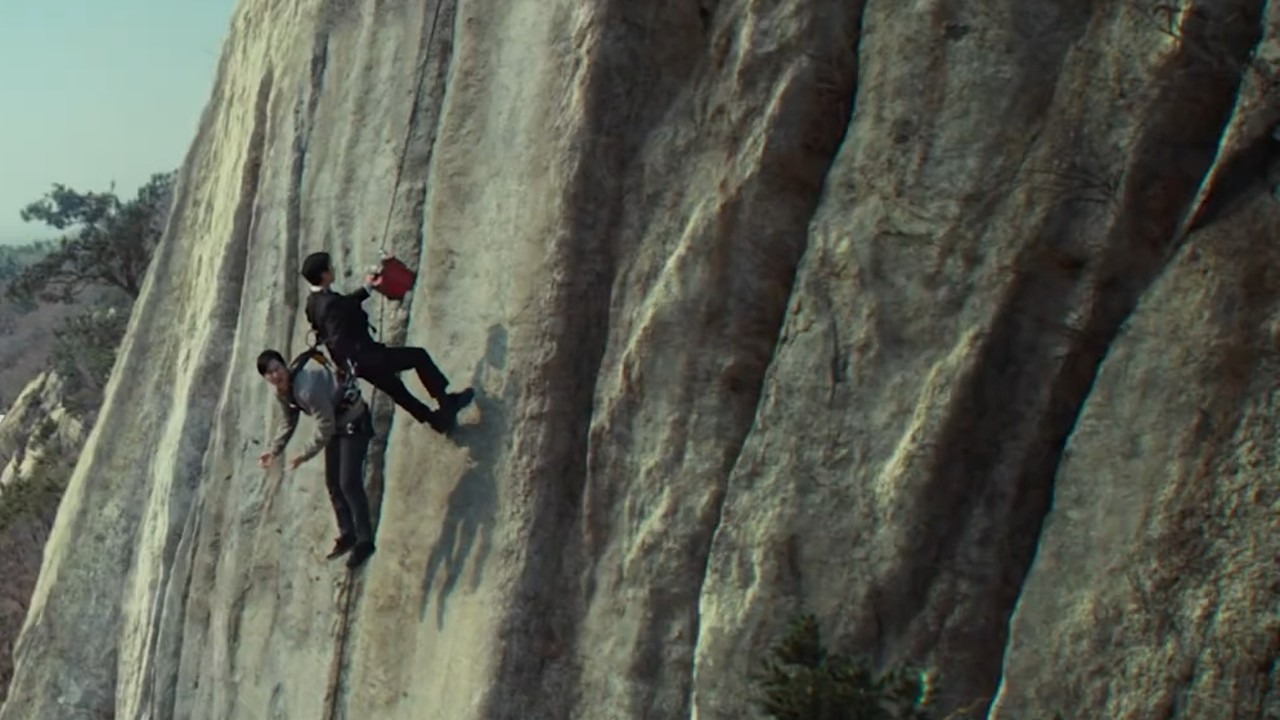
Decision to Leave Balances Comedic And Dramatic Moments
It’s not all drama, murder, and mystery for Decision to Leave. The film does comedy really well. There are quite a few funny scenes, either because of the physical comedy involved, the characters’ reactions to things, or just really clever dialogue.
There is one very dramatic moment that turns a bit comedic when the character responds in a ridiculous but honest manner. Then there are some characters in the film that mostly act as comic relief. There are also several chase scenes between the detectives and criminals that switch often between comedy and drama.
I am someone who will always argue that a great work of fiction, whether in books, movies, or television, balances comedy and drama. You should be at any moment on the brink of tears, laughter, or gasps. Great fiction makes you feel an array of emotions.
Decision to Leave gives you plenty of drama but also lightens the mood with a few laughs. The comedy also feels natural and not overdone. The light moments don’t deter from the intense story.
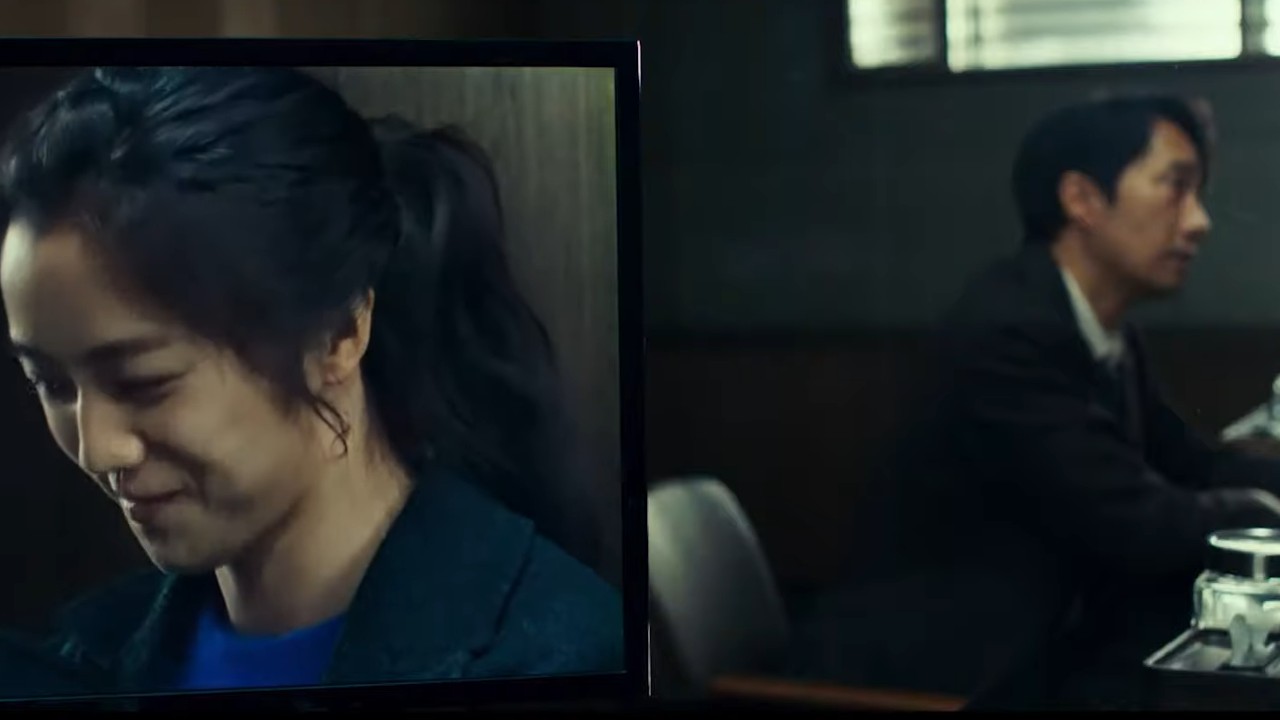
It Creates Stunning Visuals
Decision to Leave does some outstanding framing work. There are so many scenes where you notice how the characters are framed because they are just stunning visually. I couldn’t help but admire some of the visual ways this story is told.
One major aspect of Decision to Leave is the act of being a voyeur. Seo-rae and Hae-jun often switch between who is watching whom. They quietly invade each other’s lives.
The film’s cinematography is also gorgeous in Decision to Leave. The film adds little details that enhance the rich colors of Busan and Ipo. Seo-rae also wears stunning clothing throughout Decision to Leave. Even her casual clothes have very vibrant color patterns.
The film knows that the right framing, lens filters, setting, costumes, and makeup help bring out a location’s natural beauty.
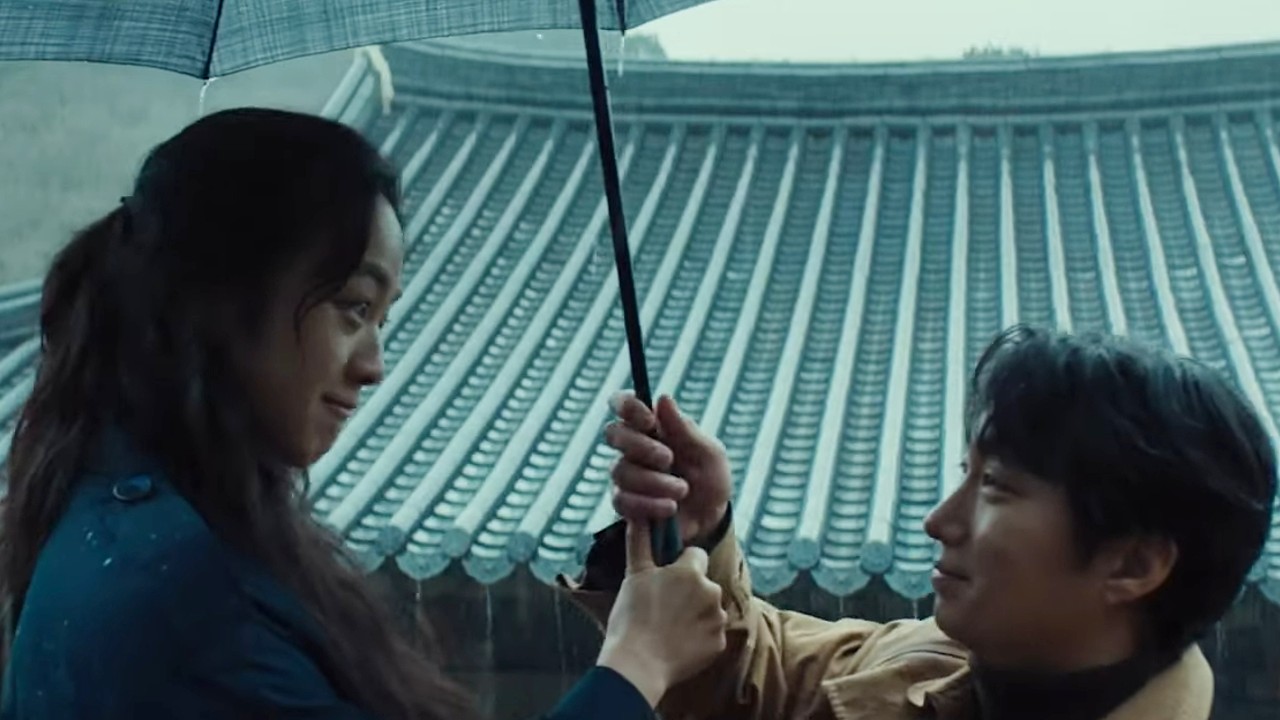
Decision To Leave Creates A Captivating Romance
Seo-rae is a complex character thrown into a complicated situation. Hae-Jun is a simple character thrown into a complicated situation. Their bond grows because they genuinely care about each other, or that’s how it seems.
You know from the start that this isn’t one of those simple happy love stories. Decision to Leave starts by showing you that he’s married and seemingly content with his marriage. Then it shows that her husband committed suicide, but you don’t know if she was involved in it.
The film lets you know that this love is complicated. It’s also not the all-consuming, passionate love story that you may see in some big Hollywood movies. It’s all-consuming but not in the way that many American audiences may expect. There is fire between them but it’s a gentle fire that burns slowly until it takes over.
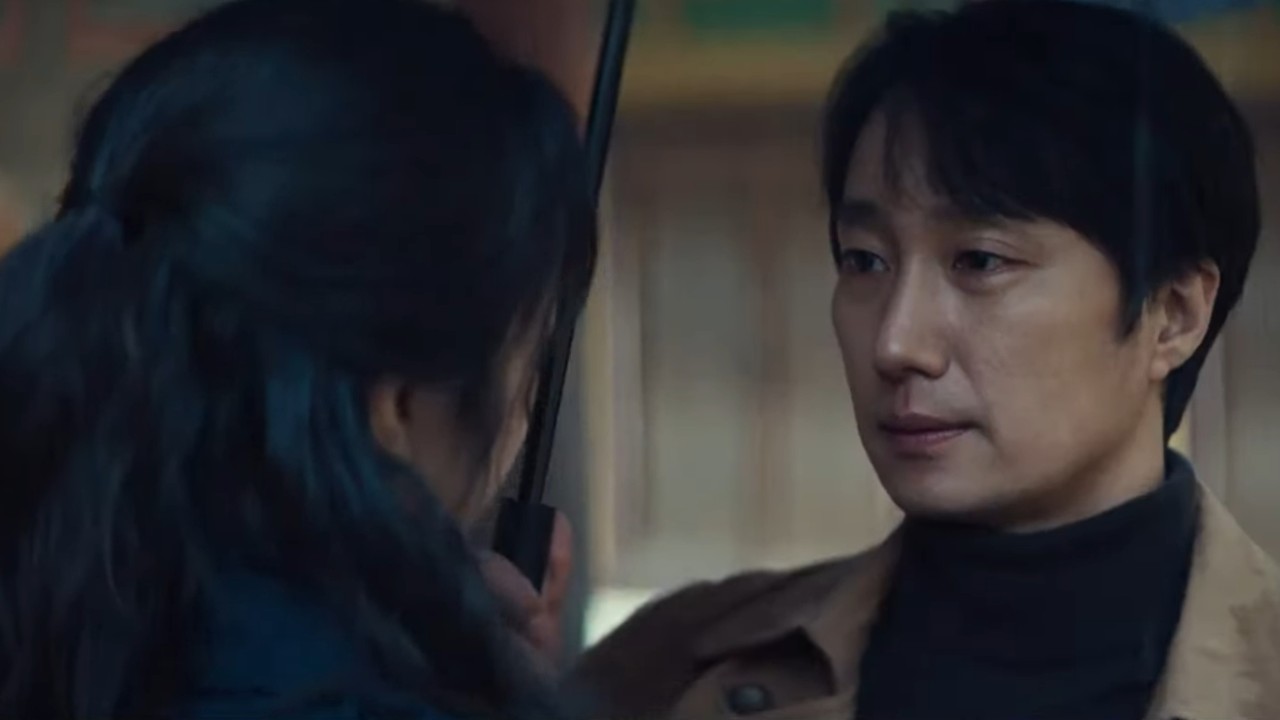
It Doesn't Make You Think About The Run-Time
Decision to Leave has a two hour and eighteen minute run-time. Movies seem to be getting longer rather than shorter, so that run-time may seem mild in comparison to other films (have you heard how long Avatar 2 will be?!) However, some films, whether they run for two hours or three hours, drain you. You sit in a theater hoping that the movie will finally end.
You don’t feel this with Decision to Leave. You get so absorbed in the story that the first half doesn’t feel long and the second half goes by quickly. It’s a movie that doesn’t feel overly self-indulgent or long for the sake of being long. It took just the right amount of time to tell Seo-rae and Hae-jun's love story.
Decision to Leave is currently playing in limited theaters. Keep monitoring the CinemaBlend upcoming movies schedule for updates on what movies are release and when.
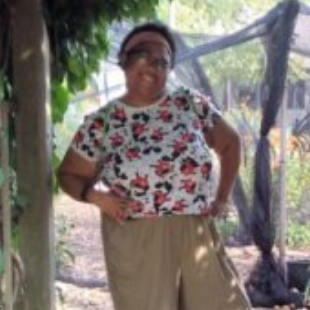
Spent most of my life in various parts of Illinois, including attending college in Evanston. I have been a life long lover of pop culture, especially television, turned that passion into writing about all things entertainment related. When I'm not writing about pop culture, I can be found channeling Gordon Ramsay by kicking people out the kitchen.
